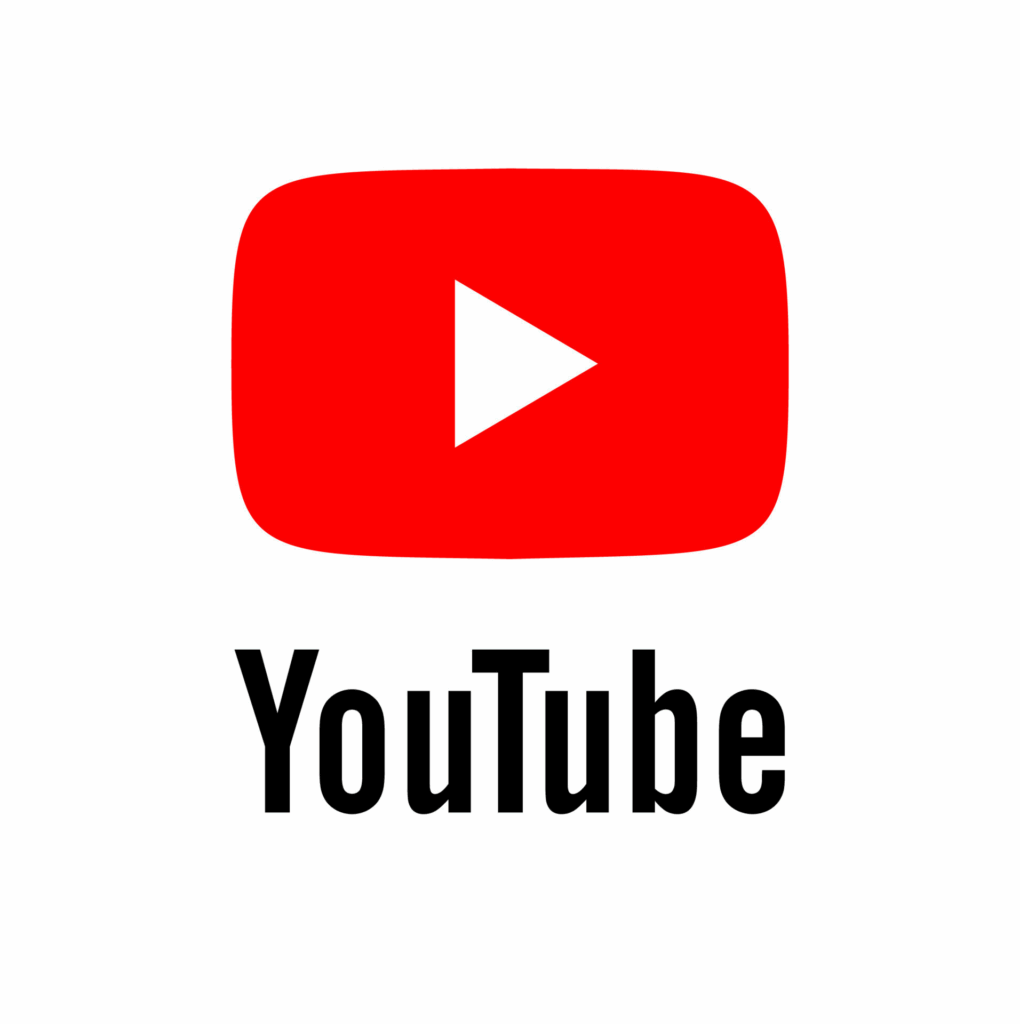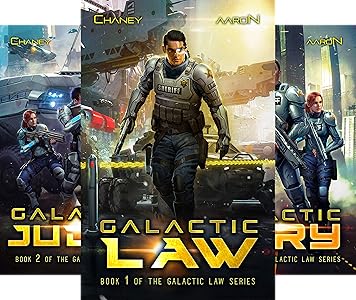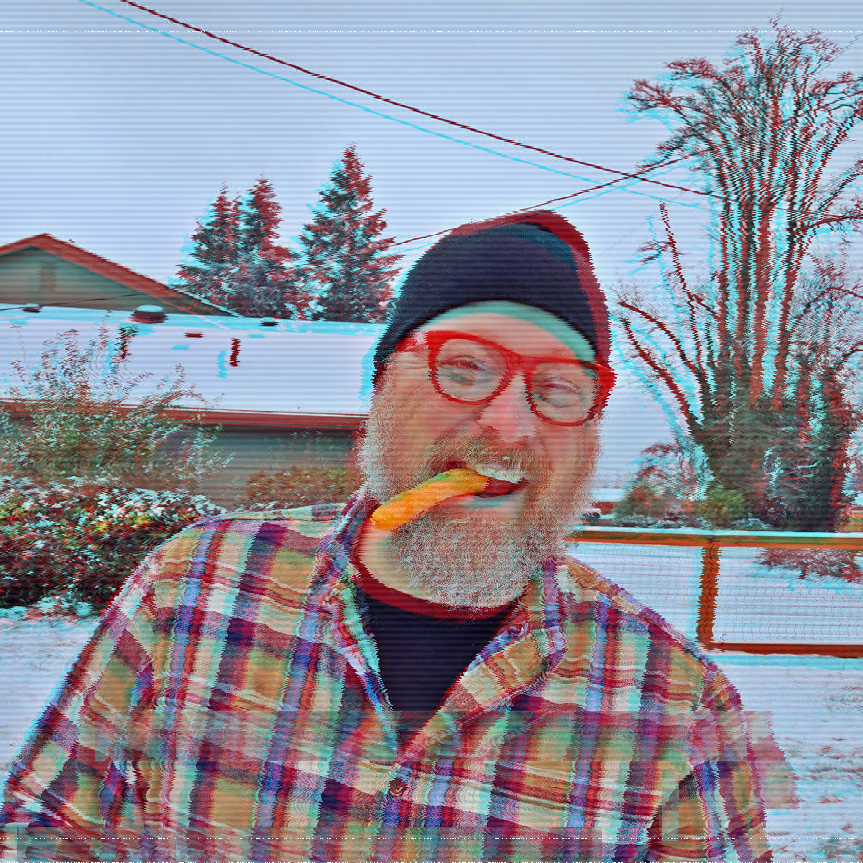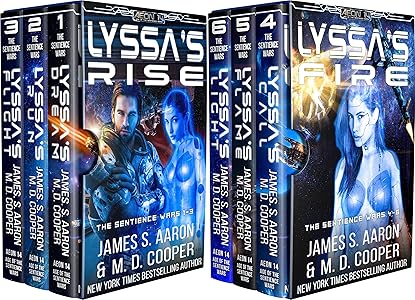
You’ve found the intermittent signal for science fiction author James S. Aaron, (also James Stegall) author of Aeon 14: Sentience Wars and Galactic Law.
- Outlining: Aeon 14: Lyssa’s Betrayal
- Outlining: Grimm’s War: Advance by Fire

- With the editor: Aeon 14: Lyssa’s Vengeance.
- With the editor: Grimm’s War: Retreat Hell is with the editor.

{{ Listen to the Aeon 14: Sentience Wars free on Youtube }}

Short story Eagle Eye in Bullet Points Magazine, vol. 11

Short story Core Memory Unlocked in Running with Sharp Objects from Chris Kennedy Publishing


Express Elevator to Hell Anthology


- Loading Mastodon feed…

